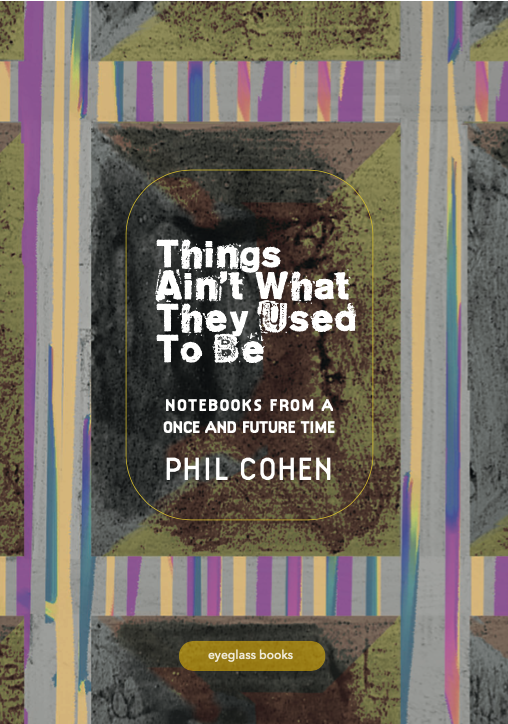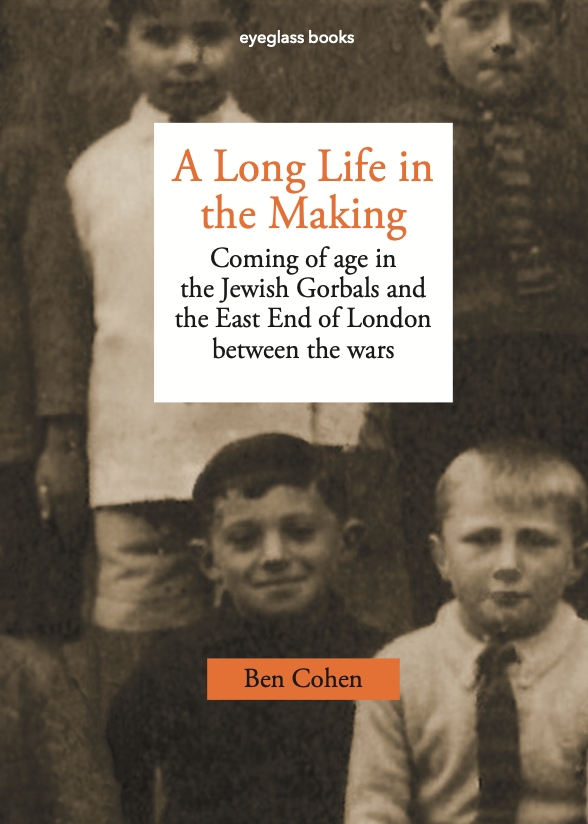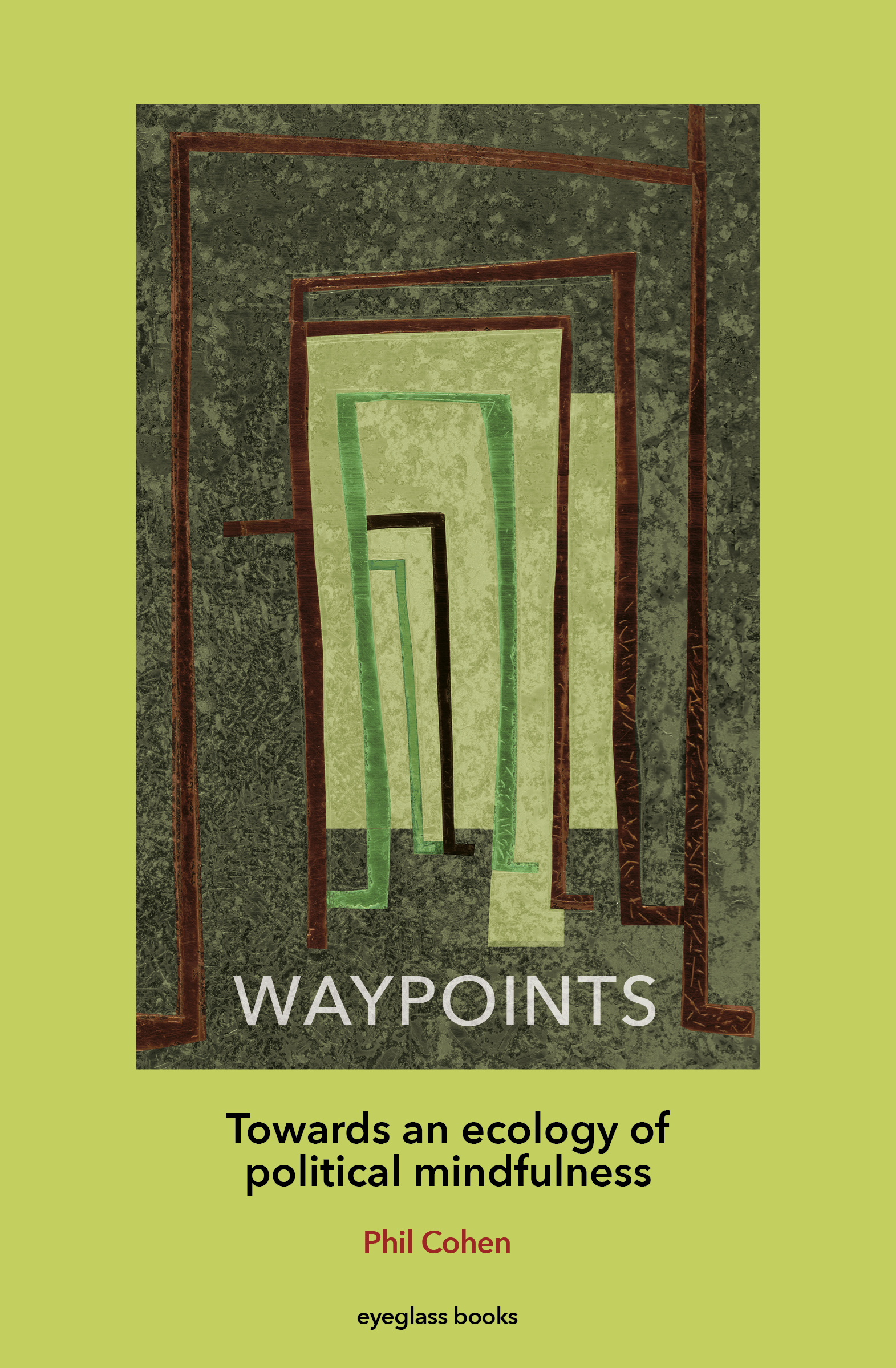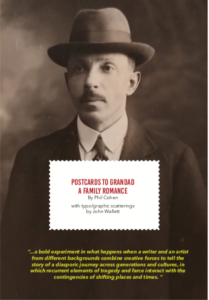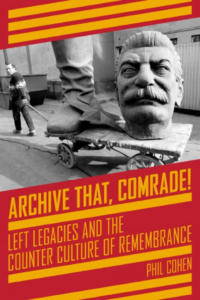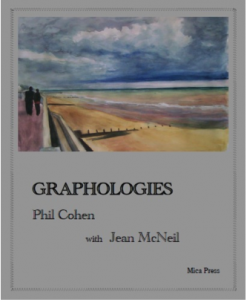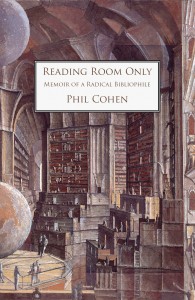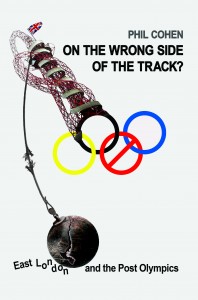In the age of Instagram and Facebook, when people are constantly ‘updating their status’, and keeping family and friends ‘in the loop’ about the smallest detail of their everyday lives, a Xmas blog looking back and reflecting on the year’s events, both personal and political, must seem either redundant or an act of self indulgence, along with too many mince pies.
Yet annual stock taking is still perhaps too necessary a business to be left to the professional commentariat or to business people with their overwhelming interest in seeing a return on their investment of time and energy in the form of ‘quick hits’ or ‘results’. Once we take financial accountancy out of the moral equation we discover that ‘benchmarks’, ‘gauges’, ‘ litmus tests’, ‘yard sticks’, ‘barometers’, ’milestones’ and all the other pseudo- material tropes for conjuring measures of progress out of an increasingly de-materialised economy, are indeed hollow metaphors for the absence of any real advance, and designed to impart some kind of momentum to the chaotic synchronicity we have learnt to call everyday life under advanced capitalism.
So however arbitrary a narrative frame a year is, (and for those on the sharp end of history it is always either more or less than itself), it may be still worth asking what 2017 has meant. And posing the question outside any calculus of personal profit and loss. That means, in my case, I have to recognise but also discount the fact that having come into some money from my dad, who died aged 101 in November of last year, I am, for the first, and no doubt last time in my life in a position to afford not to economise on the things I enjoy doing, like buying books, and sailing. I know that nowadays inheritance is as much about the transfer of financialised assets as DNA, but against that grain I want to consider patrimony as still more about the emotional transference of intangible legacy than a suitable subject for cost benefit analysis..
Is it still possible to feel ‘orphaned’ about losing a father in late middle age? A Freudian would reply that it all depends on whether one has successfully resolved, or at least survived the Oedipal turmoil through which desire is formed and sexual orientation fixed. But this begs a wider and more social question. The sense of being without a moral compass or a central reference point , ( what parents or other authority figures are supposed to provide by way of an ego Ideal according to classical psycho-analysis ) , that sense is now part of a more pervasive existential condition, which some have, quite mistakenly, called ‘post modern’, but which is intrinsic to being at home in Western modernity itself. The emotional logic of advanced capitalism demands that we live In a ‘society without the father’[i] , in which pre-oedipal identifications flourish within a ‘culture of narcissism’[ii] and provide an essential toolkit for the just- in- time production of a marketable and all consuming self. Within such a frame we are all destined to become orphans sooner or later, feeling abandoned by whatever bedrock of certainty we took on trust ‘as gospel ‘ to tell us how the world worked and what our place in it is to become. The shift from a strong inner-directed form of individualism, in which growing up is all about learning how to stand on one’s own feet, to a weak, de-centred form dependant on impression management and peer recognition exactly mirrors this process of orphanage and the loss of familiar bearings it entails.
Paradoxically Islam provides the most useful definition of this generic orphaned state. In the Koran the term is applied to anyone or anything that is singular and alone.[iii] At the same time, the fact that the Prophet was an orphan in the narrow sense means that abandoned children are according privileged status as object of community charity and support[iv] . In contrast in the Western tradition, the term ‘orphan’ has , since early modern times been restricted to a legal and institutional definition within the patriarchal order. Orphans are sons who lose their fathers before they reach the age of ’majority’, at the age of 14, 16, 18 or 21, depending on local law and custom. Girls who lose their fathers at any age, or children of either sex who lose their mothers, are much less likely to be regarded as orphans, or to become the objects of special solicitude and charity. The root of this double standard lies in pre-modern customs of impartible inheritance. In the normal course of events the son, usually the eldest, took over the family farm or business on his father’s death, but if the father died before the son was old enough to take on these responsibilities, then special measures were required to safeguard his inheritance. This tells us something about how patriarchy works but of course it has a generational as well as a gendered dimension. Within the moral economy of this dispensation, sons of whatever age are supposed to remain at the disposal of their fathers will , even and especially when the latter are elderly and infirm.
In Jewish culture the patriarchal bond is complicated by a specific injunction on the son – to mourn the father’s death through an act of intercession by saying Kaddish once a week for a year in the local synagogue. In this way the son secures the father’s posterity- and posthumous reputation within the faith community, and indirectly avoids orphanage.
In my case the problem was that my dad was a confirmed atheist. As far as I know he never visited a synagogue since his Bar mitzvah. He had many Jewish friends, but never involved himself in Jewish community affairs. He did read the Jewish Chronicle every week, ,albeit with a pained expression on his face, because he disapproved on its Zionist politics and unconditional support for Israel. In his late 80.s he went through a brief ‘Judaic’ phase, changing his name back to Benzion, and he went religiously to the same hotel in Tel Aviv for his Summer holidays until he became too frail to travel. But to the end he was unrepentant about refusing the consolations of the Jewish faith, and continued to embrace the outsider status celebrated by Groucho Marx who would never join a club – especially a golf club- which would have him as a member.
So there was no question of my saying Kaddish on dad’s behalf, even if I had been equipped to do so, which I am not, since I was not brought up Jewish in either a cultural or religious sense, and don’t speak a word of Hebrew. Yet as a mitschling , who was actually baptised and confirmed as a reluctant goy by the Bishop of London ( you can read an account of this bizarre episode in my memoir Reading Room Only) I was a fully qualified orphan, in the sense of being separated at birth from a familial legacy that offered a viable moral or quasi –religious perspective on the world.
When at last I stood alone in the flat where I had grown up and dad had lived for over 70 years, but which was now deserted, stripped of all the things that had made it his home, I looked at the ghostly after image of the clocks, mirrors and prints on the walls, and realised that legacy makes orphans of us all. That sense of orphanage as rendering the familiar strange, of somehow no longer quite belonging in the landscape of your own life and being abandoned by what you have so far taken for granted, is well captured in a poem by Kayo Chingonyi which provided me with the title for this piece:
What if the wind blowing through
The French doors of your childhood
Is the house’s way of saying goodbye
And when you call out, answering
Yourself, greeting the gone out of habit,
You hear, for the first time, the timbre
Of your voice, how someone else might[v].
My dad had no time for what he would have regarded as such fanciful imaginings. He was a materialist in both the popular and the philosophical sense of the word. He valued things for what they had cost him and what they might be worth if sold. He collected antique clocks, books and wine, and was very knowledgeable about all of them, but his enjoyment was not primarily aesthetic or intellectual. These things were financial assets and investments, which might stand him in good stead against the proverbial rainy day. They were also proud symbols of the security and success he had achieved as a poor Jewish boys from the Gorbals, who had gone to Glasgow University , and embarked on a medical career, ending up as an ENT consultant in London, with rooms in Harley Street. This acquisitions did not stop at clocks or books. In his retirement, he used his pension nest egg to gamble on the stock exchange and finished up with a portfolio worth twenty times his original stake. He bought a Rolls Royce which he referred to, without any irony, as ‘the working man’s car’ whilst clinging tenaciously to the socialist beliefs he had inherited from his father who was a member of the ILP at the time of Red Clydeside. He was most proud of the bibliographies he self published about the Thames, the Clyde and Delaware rivers, and never tired of telling me how much money he had made from selling them to libraries around the world.
At times my dad reminded me of Art Spiegelman’s father as portrayed in Maus[vi]. Spiegelman Senior, had been in the camps, and lost everything. He got his life back in the USA, but even in the midst of relative affluence, he remained locked in a constant struggle to ward off the threat of imminent catastrophe in the shape of hunger and destitution. The paradox for poor Jews of that generation, even those, like my dad, not directly affected by the Holocaust, was that their quest for material security, running your own business, owning your own home, entering the professions, accumulating capital assets, instead of providing a safeguard against calamity, was precisely what made them such a target of anti-Semitic attack.
In the last years of his life, as his dementia grew slowly worse, dad became increasingly obsessional about his will and what he would leave and to whom. He would sit in his favourite armchair and enumerate the objects around him in terms of their market value and to whom they would be given after his days. At several points in this process he threatened to disinherit me, not for the first time, and leave all his money to his old Grammar school. Fortunately for me he hired advice from an orthodox Jewish lawyer who predictably told him that charity began at home and it was his duty to look after his family!
Dis-inheritance is a primary instance of orphanage, but the fact of material dispossession tends to substitute itself for whatever emotional loss might otherwise be entailed in the death of a progenitor. Anger trumps grief where the parent’s will cuts off the child from what is regarded as its entitlement. A second symbolic castration then, more painful in its effect than the first.
By the same token, to materially benefit from a parent’s death adds a special burden of guilt to the already complicated work of mourning, especially in cases like mine, where the relationship was severely strained. My dad’s unearned income became my unearned income, something I could only justify as recompense for the emotional damage I felt he had inflicted on me as a child. And yet outside a court of law, no such trade off is possible, and even putting a figure on it seems an all too mercenary quid pro quo.
There are other complications. Inheritance of half my father’s estate deprived me of using the plea of poverty to excuse my small acts of meanness, but it also undermined my capacity for generosity. For by definition generosity involves going without something you want in order to give to others what they need. Instead there is only philanthropy, a corrupt form of charity which costs the giver nothing, and is merely a form of virtue signalling.
The act of atonement accomplished by Kaddish offers an altogether different principle of commensurability and exchange, one which belongs to a moral not a market economy. At least in Leon Wieseltier’s re-consideration of its modern meaning, Kaddish offers a framework of reparation that works both ways[vii]; it addresses the symbolic debt which one generation owes to another for having made its advent to the world possible, and recognises that whatever gifts are passed on – a sense of humour, a way with words, manual dexterity, physical beauty – do not entail any such thing. It is the giver who should be grateful.
Dad was also a materialist in how he described and understood the world. His memoir, which takes the form of a series of letters to me, is full of intense graphic descriptions of everyday life in the Glasgow tenements. He vividly conveys the sights, sounds, smells, the physical intimacy and promiscuity of growing up in the slum environment of the Gorbals. He is much less good on people or intimate relationships. His portraits of his parents, his brothers and sisters, and his friends, are curiously detached, even skeletal, as if they did not much impinge on a sensibility overwhelmingly shaped by the material world.
In later sections of the memoir, where he describes his adventures as a young doctor in the Jewish Hospital in the East End of London, he brings a clinical gaze to bear on his surroundings. As a surgeon he was trained to view the human body as a physical object, a system of biological functions which might go wrong but could be cured by medical intervention. And he applies the same dispassionate perspective to his often acute observations of the foibles of staff and patients in the hospital. Yet he was a compassionate doctor, who for example, pioneered the practice of allowing parents to stay with their children, so that they could be with them as they came round after their operation.
I am not sure whether my dad’s materialism had any ideological foundation . It was more pragmatic than that. He was very well read, but mainly in literature rather than philosophy. He had a copy of Bernard Shaw’s An Intelligent Woman’s Guide to Socialism, and his politics remained grounded in his early experiences of Socialist Sunday school, and accompanying his father to political meetings where he heard the heroes of the Left and labour movement speak: Jimmy Maxton, Keir Hardie and John Maclean. He retained a sentimental attachment to this precocious political education even as his circumstances changed and in his later years clung on to a deep distaste for the Tories, despite (or because of ?) the fact that my mother became a Conservative councillor.
I have suggested that orphan status should not be confined to children who lose their parents at an early age, but rather comprises an involuntary part of the human condition. One aspect of this is what Freud called the ‘family romance’. This centres on a common phantasy amongst children that they have been abandoned or taken away from their’ real’ family , who are fabulously wealthy, powerful or exotic and instead adopted by the miserable wretches who claim to be their parents and insist on them brushing their teeth and going to bed at 7. This fictional orphanhood allows the child to unconsciously hold on to an idealised version of their parents as heroic figures by splitting them off from their negative feelings . The dream of the orphan is always to be miraculously rescued and restored to the status quo ante. And in the family romance this project is accomplished with the return of the repressed figures of primary narcissistic identification. This plot can be found in numerous myths, folk tales and legends , and , its has been argued , lies at the origins of the classical European bildungsroman.[viii]
The fact that orphanhood has such deep and universal roots does not mean that it necessarily creates a bond of affinity or even sympathy between those who might ( or might not) choose to be consciously recognised as such. When my adopted son, Stephen died of alcoholism at the age of 33, he left behind two sons, then aged 13 and 15. The eldest resolutely refused to mourn or claim the sympathy that goes with orphan status; instead he dropped out of school and adopted a delinquent role – he became the bad boy of the family whilst his younger brother, better able to experience his loss, went from strength to strength. However both cut themselves off from Stephen’s side of the family, I rarely saw them, and in that way my grandsons indirectly achieved a shared , if partial, do -it- yourself orphanhood. Much to my surprise they both turned up at dad’s funeral, perhaps it was easier for them to experience parental loss at one remove. Yet it has subsequently become clear that the experience of losing a father at such radically different points in the life course, far from bringing us closer, has only accentuated the gulf of circumstance that separate our respective generations.
There is a political dimension to this. Generation Rent may well feel that they have been disinherited, if not by their families, on whom they so often remain dependent, then by the so called nanny state which has abandoned them to market forces and dashed their great expectations of making a better life. It is possible that these reluctant ‘ orphans’, many of whom are forced to go on living with their parents until their late twenties or thirties, will find a home from home in a progressive political movement, and some are already involved in Momentum. That, at least, is some cause for hope as we face forward into 2018.
However that is only one side of the story. As this country’s umbilical ties to the EU are systematically cut by those who see in that relation not a source of support or symbiotic identity but a shameful failure to stand on our own feet, perhaps it is worth considering whether it is time to integrate the orphan into an altogether different model of solidarity.
Such a model is indicated if not spelt out by Ai Wei Wei in his shattering film Human Flows. The millions of refugees and economic migrants, whose predicaments are here so graphically portrayed, are orphans in every possible sense, many having lost their parents in the most traumatic of circumstances , often being cast adrift from their moorings by the storm tides of globalisation and war, and who now find themselves washed up on the ever more unwelcoming shores of a far from promised land. Rather than being treated as objects of charitable pity in the countless Xmas appeals which have been launched in their name, it might be more to the point to recognise in their displacement an allegory of our own more benign version, and welcome them accordingly into our own homes from home.
To return to my starting point, while a week may be a long time in politics, a year can seem like an eternity to people whose life chances, and even survival, depend on the decisions or indecisions of politicians and bureaucrats. So to end on my usual unseasonable note, having spend 2017 attending to business in settling my late father’s affairs as well as my own account with that now unfamiliar past, I am looking forward with some trepidation to what I fear will be an unhappy and not altogether new year for all too many in this not very green and increasingly unpleasant land. But in the meantime Merrie Xmas!
[i] See Alexander Mitscherlich Society with the Father Harper 1992
[ii] See Christopher Lasch The Culture of Narcissism Simon and Schuster 1979
[iii] There is a textual trace of this in the typographical use of the term: orphan refers to a single word or part of a word at the beginning of a column or line. Thanks to Patrick Ainley for drawing my attrention to this.
[iv] See John Boswell The Kindness of Strangers : the abandonment of children from Late Antiquity to the Renaissance University of Chicago Press 1998
[v] See Kayo Chingonyi Kumukanda Chatto and Windus 2017
[vi] Art Spiegelman Maus Vol 1 and 2 Penguin 1978
[vii] Leon Wieseltier Kaddish Picador 2008
[viii] See Marthe Roberts The Origins of the Novel Methuen 1968
